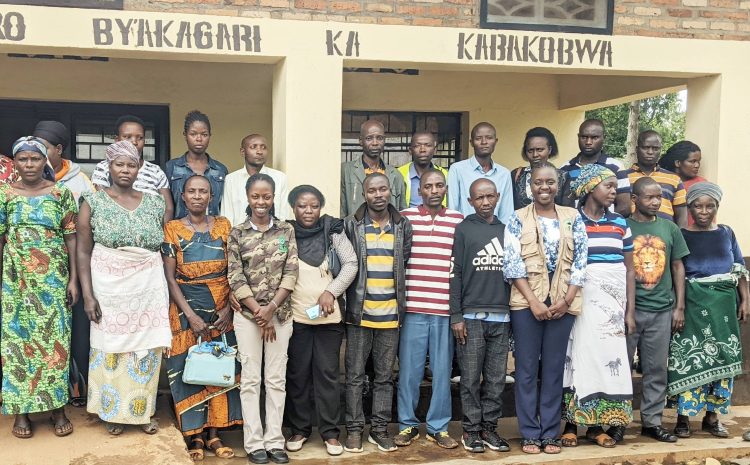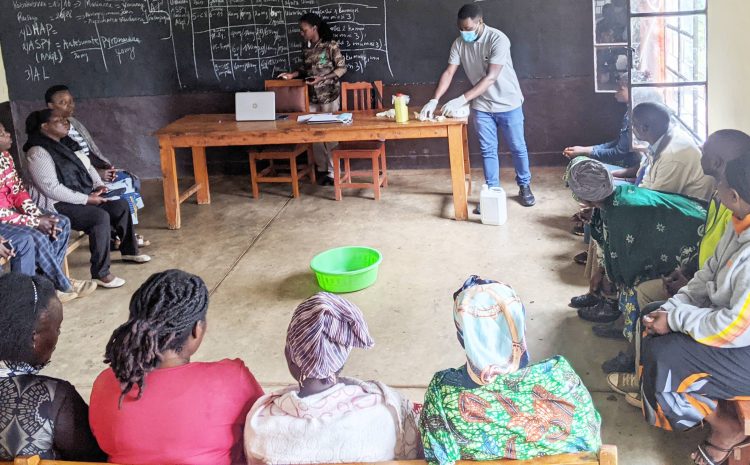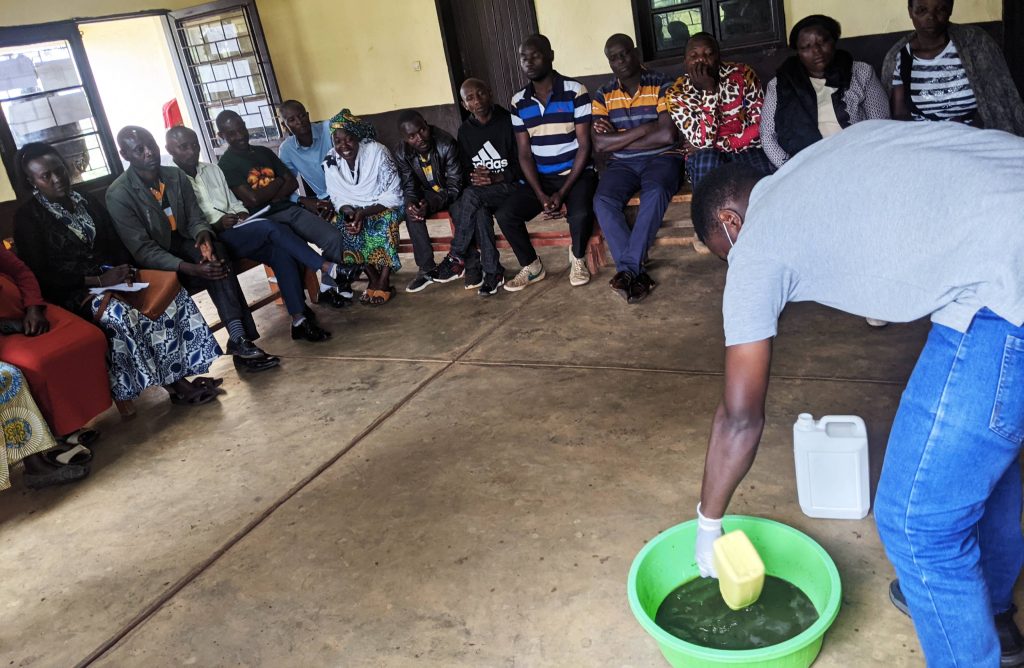
As part of REDO’s commitment to restoring degraded land and improving community livelihoods under the AFR100 and TerraFund initiatives, we organized practical training sessions on sustainable agriculture practices, with a focus on composting and integrated pest management (IPM). The training was conducted in Kabakobwa Cell, Gashonga Sector, and brought together 24 representatives from eight agricultural cooperatives supported through REDO’s revolving fund program.The goal of the training was to promote affordable, climate-smart farming methods that improve soil health, enhance crop productivity, and reduce dependency on costly chemical fertilizers and pesticides. Participants were introduced to conservation agriculture techniques such as mulching, crop rotation, and agroforestry. A hands-on session on compost making demonstrated how farmers can turn household and farm waste into organic fertilizer, while the Integrated Pest Management module showcased how to prepare and apply natural pest control solutions using locally available materials like garlic, chili, and ash. The training emphasized practical learning, encouraging participants to replicate the techniques in their own fields and share the knowledge with fellow cooperative members. Through these efforts, REDO is helping to build resilient farming systems that contribute to land restoration, environmental conservation, and improved livelihoods across the region

The training took place on 14 May 2025 at the Kabakobwa Cell Office and brought together 24 cooperative representatives alongside REDO field and head office staff. During the session, participants were guided through practical demonstrations of sustainable farming techniques. Conservation agriculture was explored through methods such as intercropping, direct seeding, mulching, and integrating trees into farmland. In composting, participants were shown how to layer green and brown organic matter, maintain moisture, and aerate the compost to produce rich organic fertilizer. For pest control, the team introduced natural alternatives to chemical pesticides, including chili-garlic spray, ash and sand dusting, and fermented herbal solutions. These methods target common pests like aphids, beetles, and caterpillars while protecting human and environmental health. The interactive format, which included questions, discussions, and live preparation of materials, ensured that participants were actively engaged and able to replicate the practices in their own farms. This training not only strengthened their capacity to manage farms sustainably but also reinforced their role in spreading these techniques within their cooperatives, amplifying REDO’s impact across the community.

